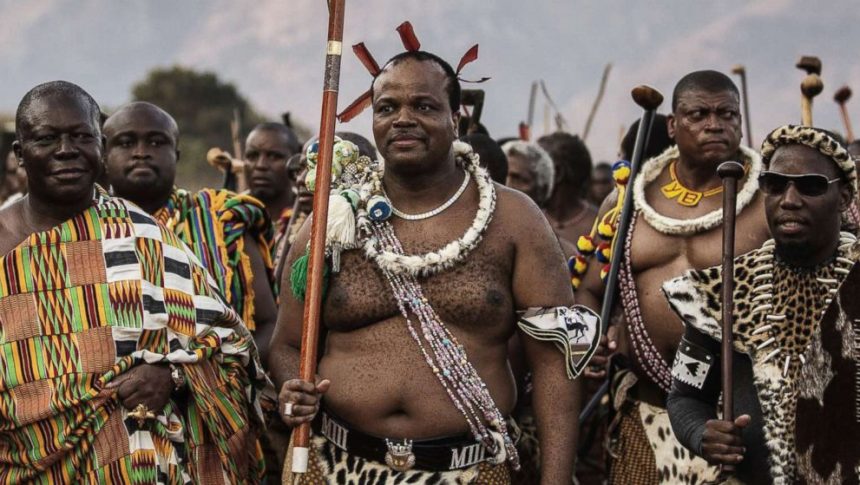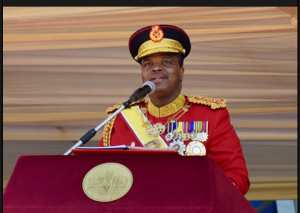INTRODUCTION
Every September 6, the Kingdom of Eswatini celebrates its Independence Day, marking freedom from British colonial rule in 1968. The day is full of vibrant dances, colorful parades, and siswati songs echoing across the valleys but beyond the festivities, there is another story stitched into the fabric of this celebration. This is the story of a nation reclaiming its true name.
The Weight of a Colonial Name
For decades, the world knew the country as Swaziland, a name coined during the colonial era, shaped to suit English tongues rather than Swazi identity. It was an anglicized construction, combining “Swazi” with the suffix “-land.” While convenient for foreign maps and colonial administrators, it never truly belonged to the people.
In siSwati, locals always called their homeland iNgwane or eSwatini which meant “land of the Swazis.” Yet the colonial name persisted which was a quiet reminder of a past when the nation’s identity was not entirely in its own hands
Fast forward to April 19, 2018, Manzini stadium was alive with celebration. Thousands had gathered for a double jubilee of 50 years of independence and King Mswati III’s 50th birthday. Then, in a moment that stunned the international press but stirred pride at home, Mswati announced that he was changing the official name of the country from the Kingdom of Swaziland to the Kingdom of Eswatini.
“I would like to announce that Swaziland will now revert to its original name,” he said, wearing a red military uniform.
Why The Name “Eswatini” Matters
At first glance, it may seem like a small change, swapping a colonial label for a local one but names carry weight. They tell the world who you are.
“Eswatini” is heritage, language, and cultural pride wrapped into one. It signals that the country is not defined by colonial imprints but by its own story. In this, Eswatini joins other African nations like Ghana (once the Gold Coast), Zimbabwe (once Rhodesia), who reclaimed their indigenous identities after independence
The change to Eswatini rippled through daily life. Passports, national currency, school textbooks, and government offices had to adopt the new name. International organizations updated their records. Even street signs were repainted.
For many, it was the feeling of finally seeing their homeland written as they spoke it. Yet, not everyone was convinced. Critics argued that the focus should have been on unemployment, poverty, and healthcare or pressing issues Eswatini still faces. Still, for others, the name shift symbolized a crucial act of self-definition, something no development plan could replace.
A Name That Spoke of Home
The story of Eswatini’s independence is not just about 1968, when the British flag was lowered. It is also about 2018, when a nation insists on being called by its own name. Together, these moments represent political freedom and cultural reclamation, two halves of one independence journey.
Every September 6, when the nation gathers to celebrate, the name Eswatini itself rings out like an anthem. It is a living reminder that the people of this small but proud kingdom have reclaimed their voice, reshaped their identity, and rebranded themselves in the world’s eyes.
Happy Independence Day, Eswatini, a name that finally spoke of home.


